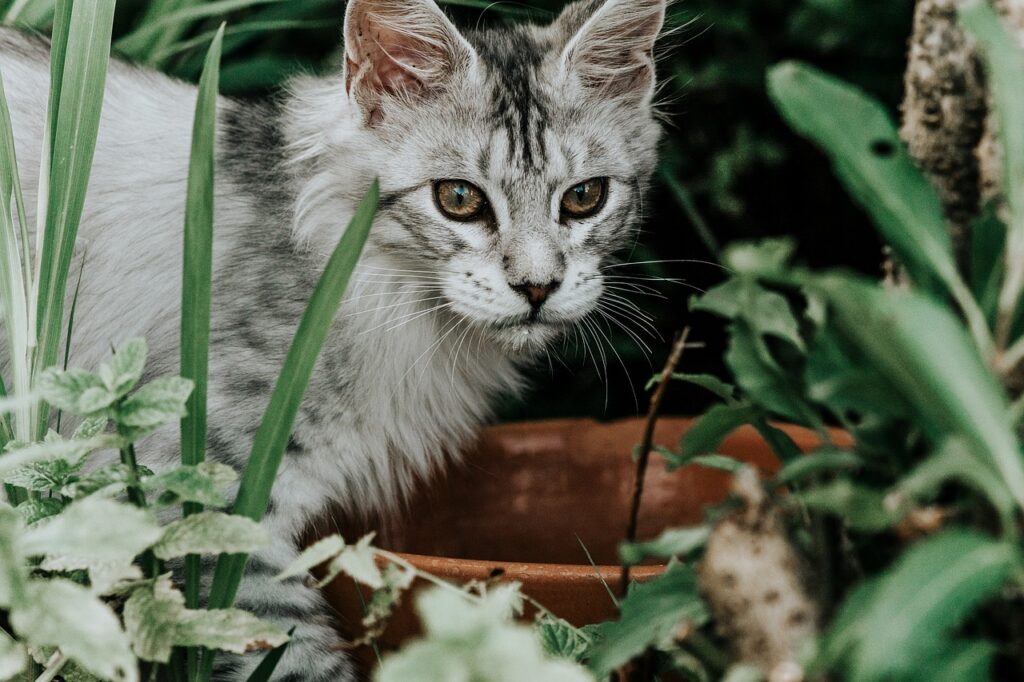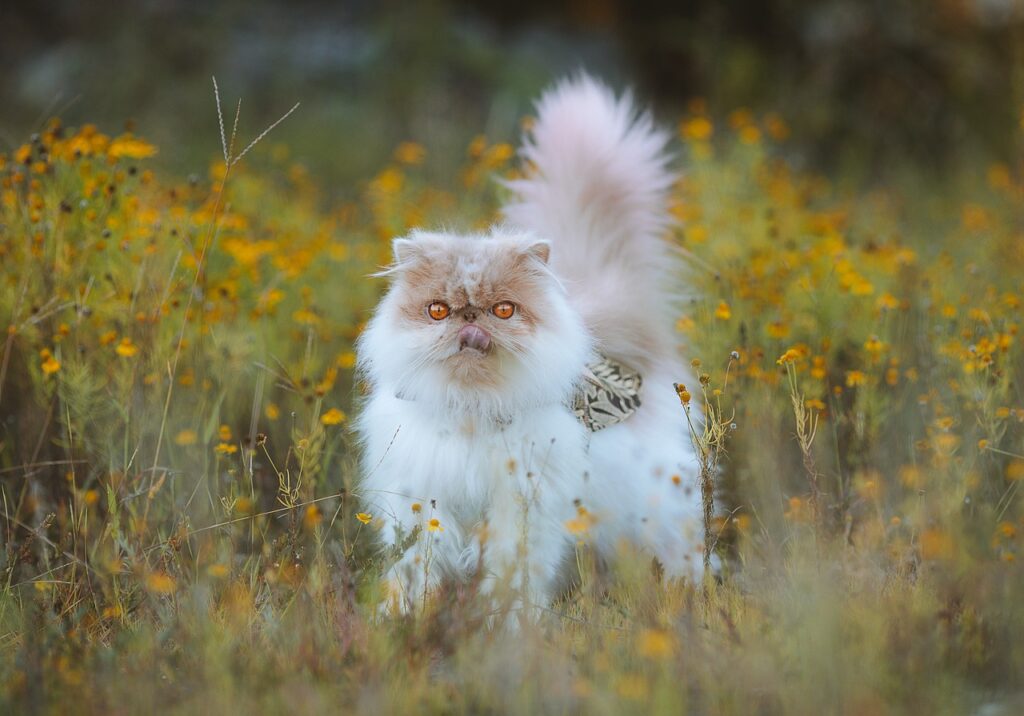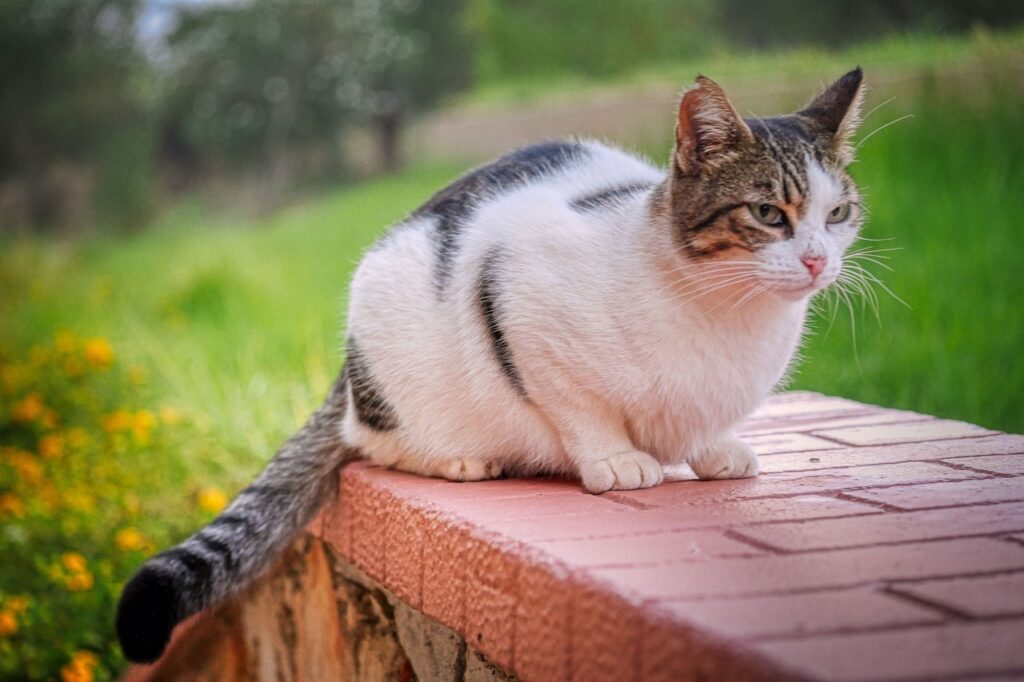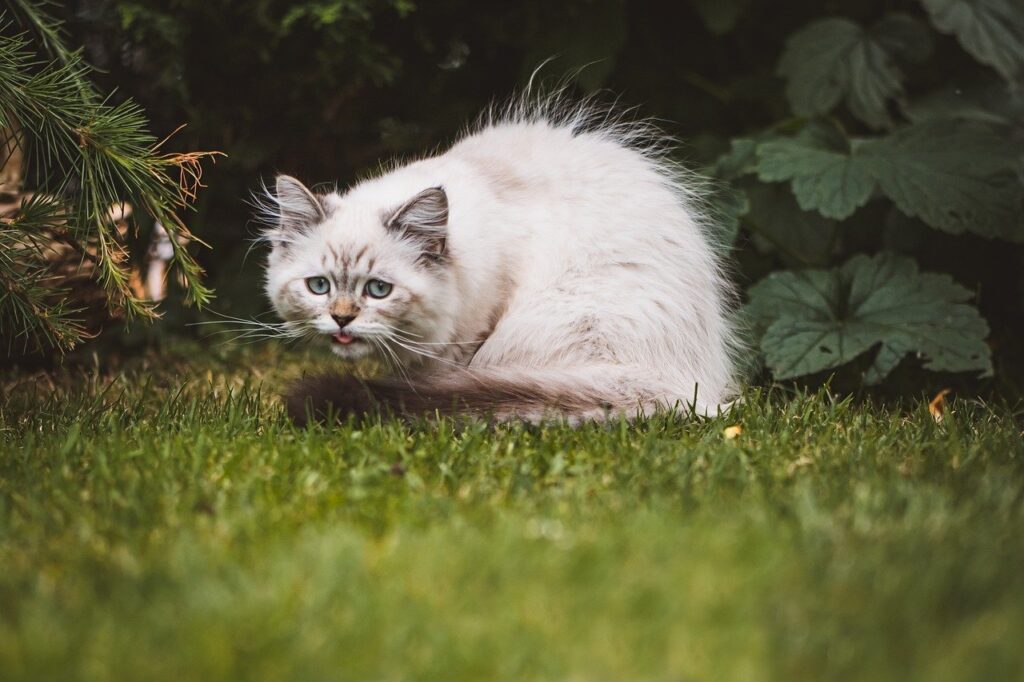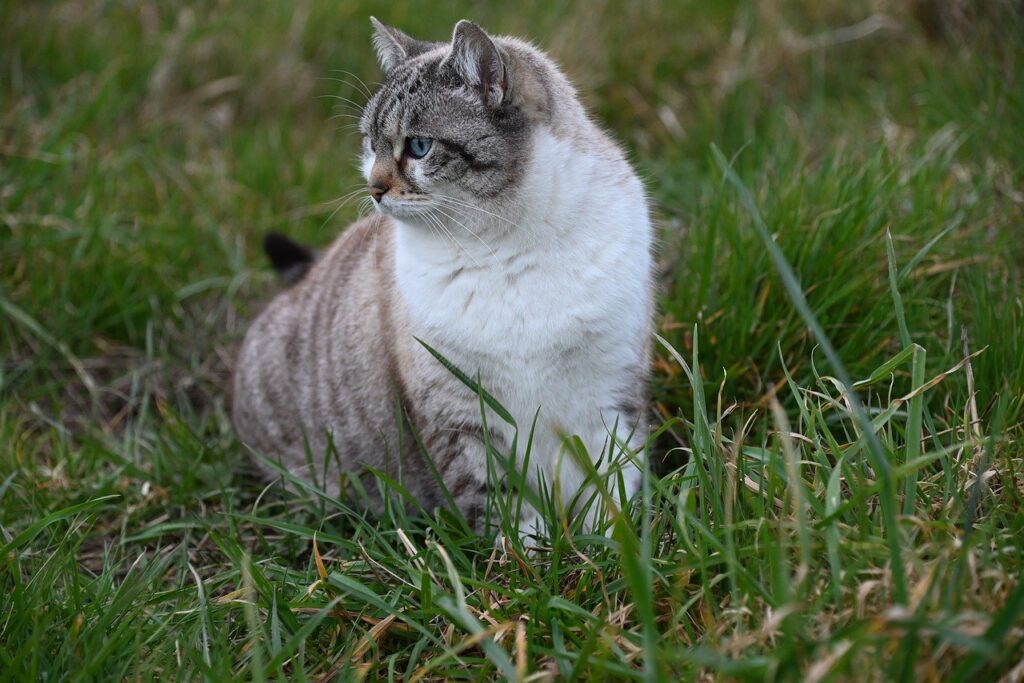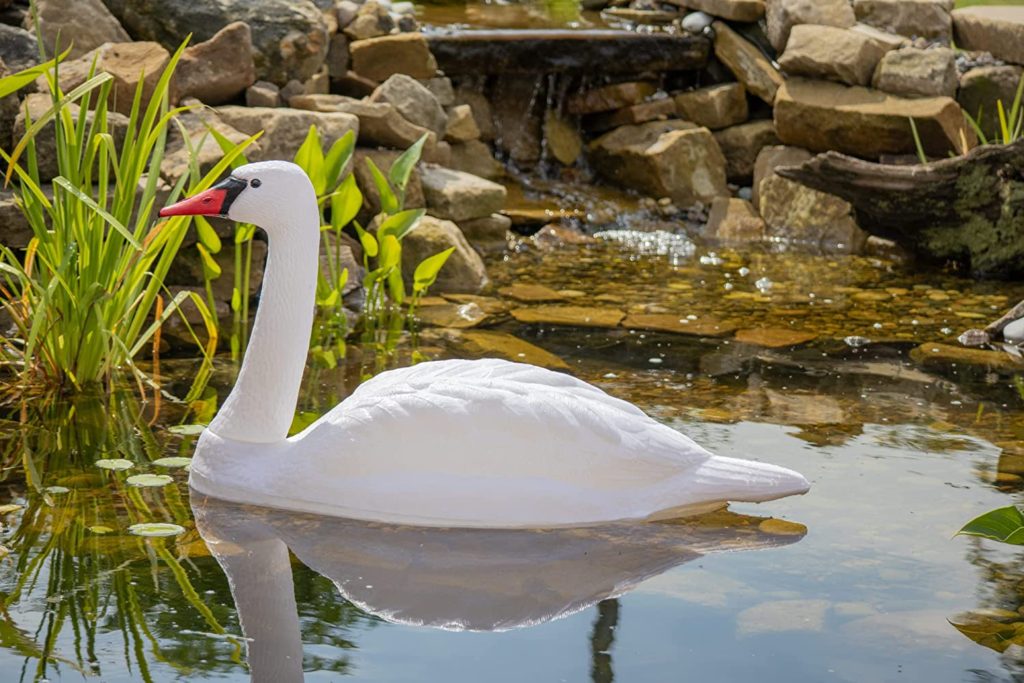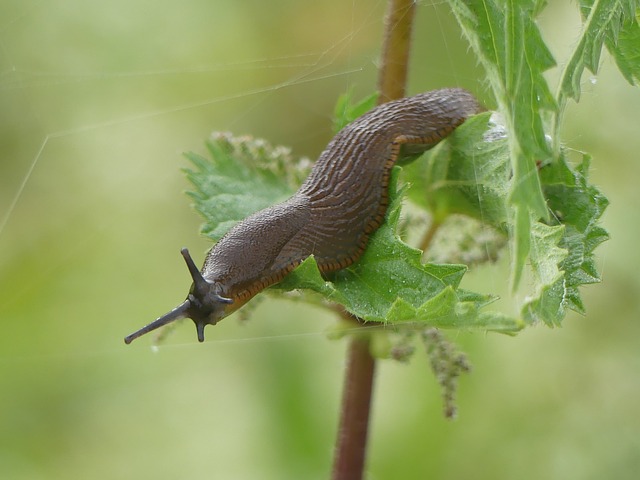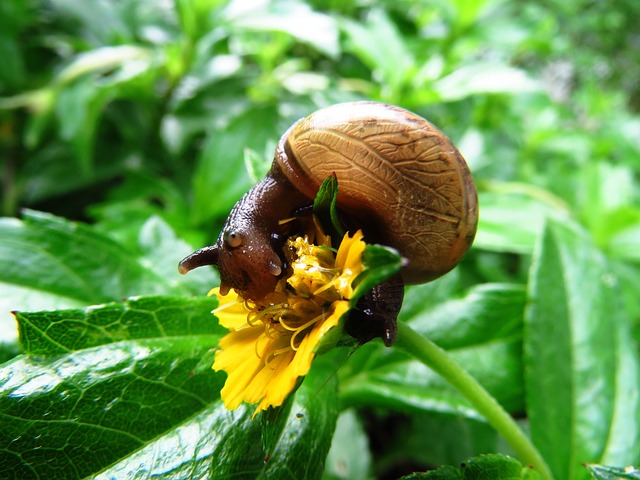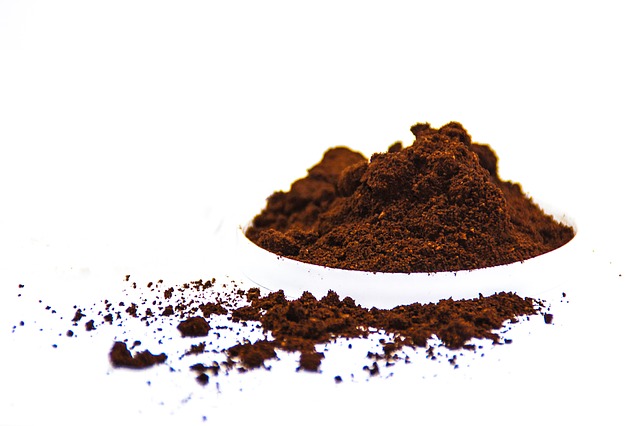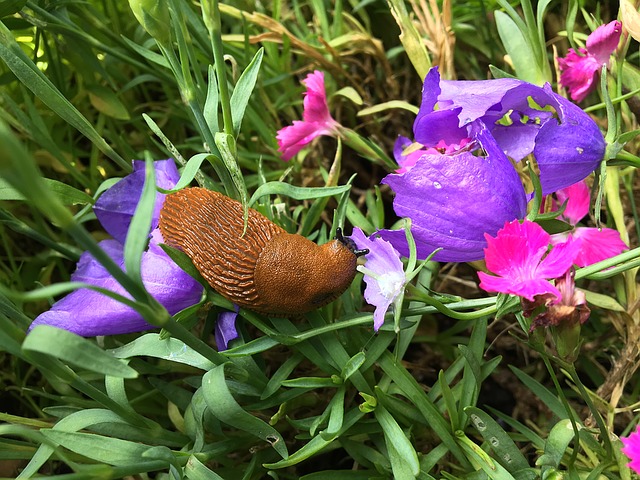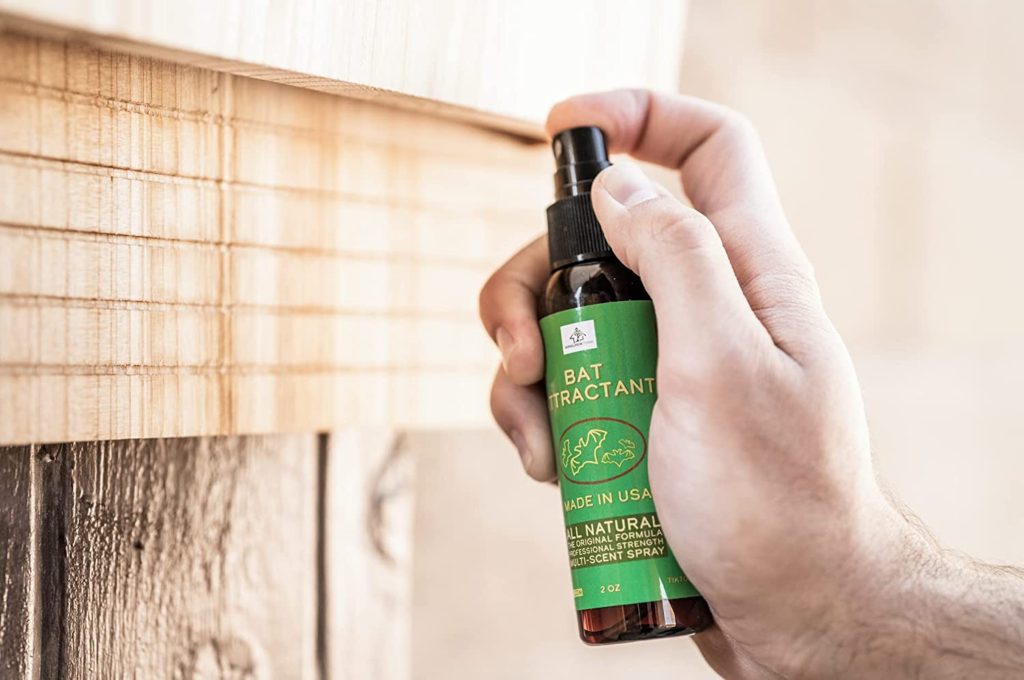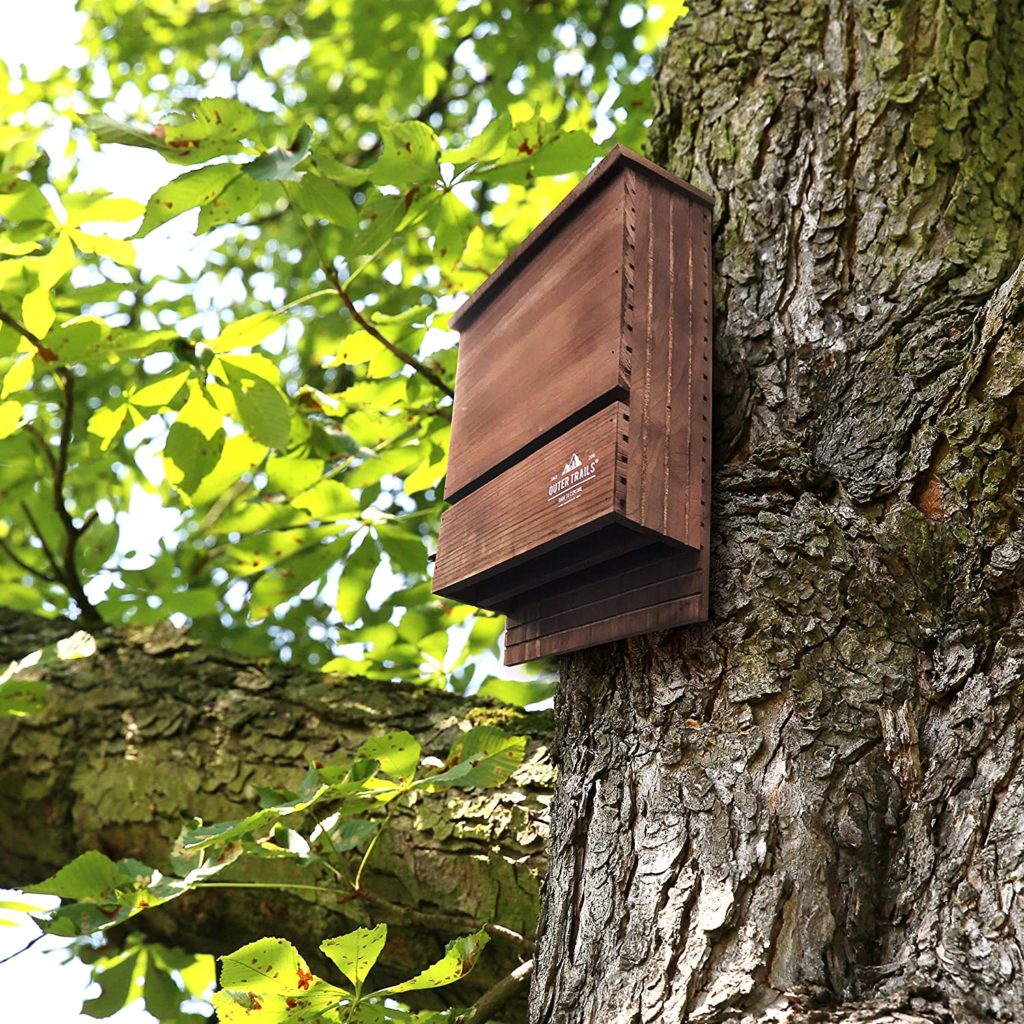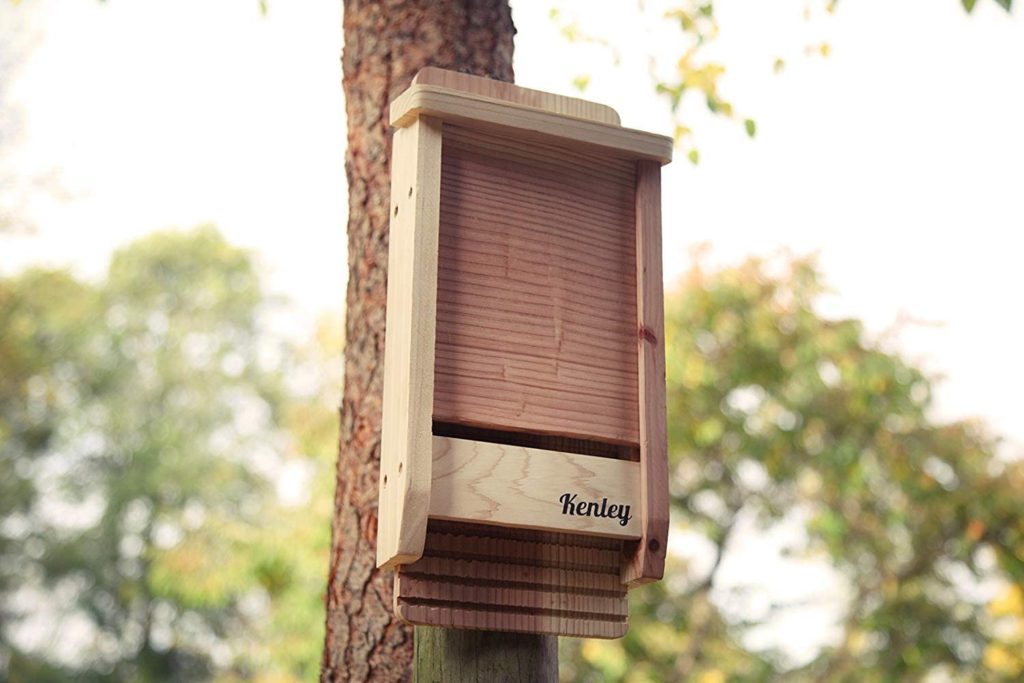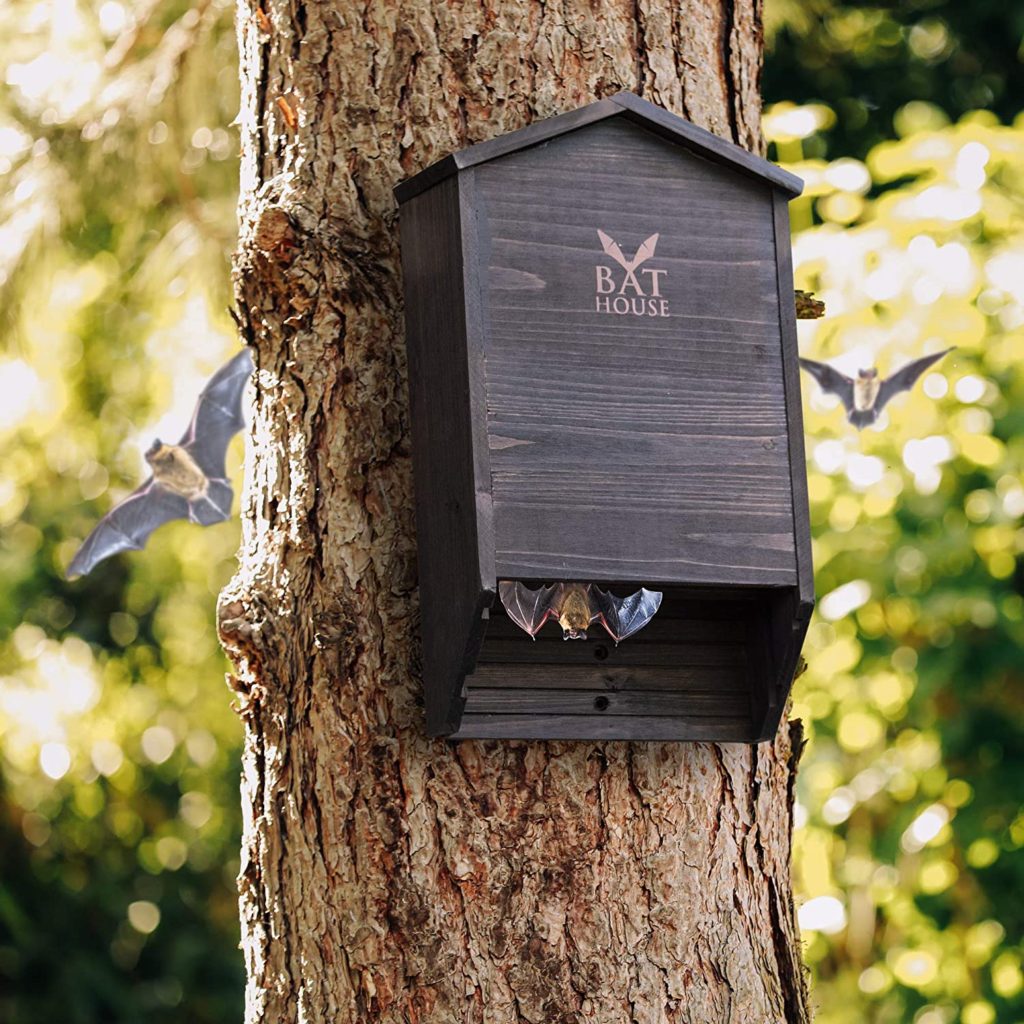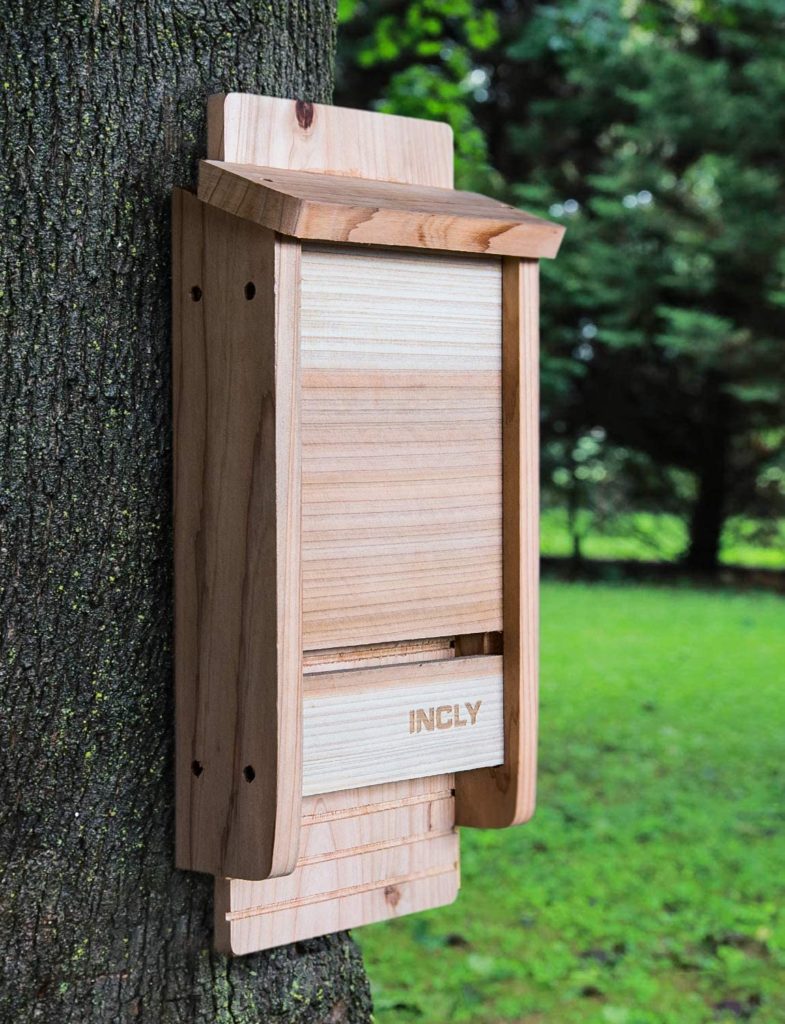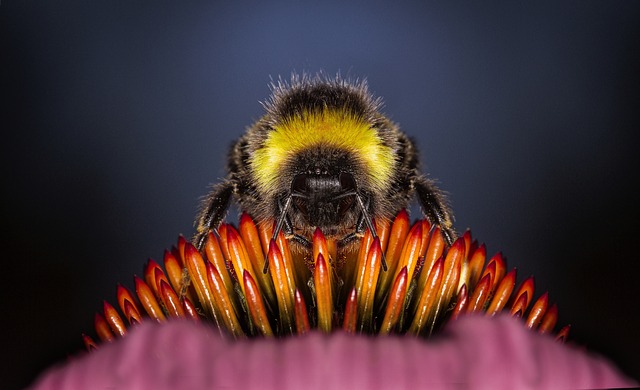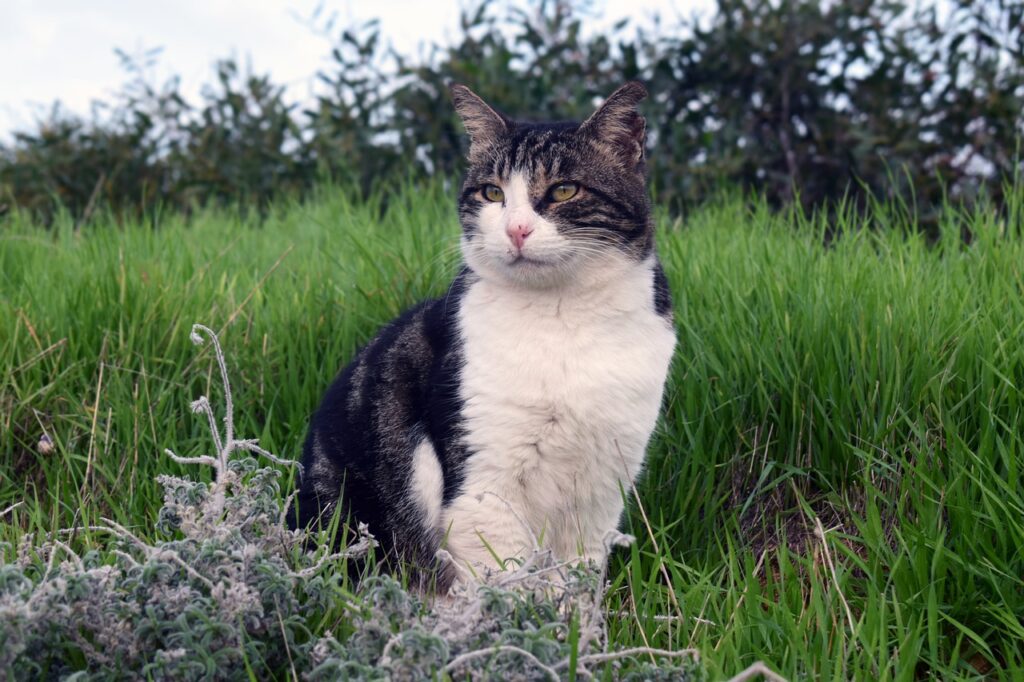
Are you tired of neighborhood cats wreaking havoc in your garden or yard? What if we told you that there is a simple, natural, and effective solution to repel them? Enter the humble orange peel to deter cats, a surprisingly powerful DIY cat repellent that has been overlooked for far too long.
Short Summary
- Reasons to deter cats
- Orange peels can be used as a safe and effective cat repellent
- Alternative methods for deterring cats
Why Deter Cats?
Whether they are neighborhood cats or even your own pets there are many reasons to keep cats away from specific areas such as:
Digging
Cats often dig in gardens and yards to bury their waste. This can disrupt plantings and damage gardens.
Defecating
Cat feces has a very strong and unpleasant smell. And it can also carry parasites that can be passed to other animals, pets, and humans. For example, toxoplasmosis can survive in the soil for many months and can be transferred to vegetables grown in contaminated soil.
In humans, toxoplasmosis is typically mild but can be severe in people with weakened immune systems or in pregnant women, as it can harm the unborn baby. Cats can excrete roundworm eggs in their feces. These eggs can remain viable in the environment for months or even years.
If another cat or a person (typically a child playing in the dirt) accidentally ingests the eggs, they can hatch into larvae and cause an infection. Like roundworms, hookworm eggs are passed in cat feces and can contaminate the soil. They can penetrate the skin of a host that comes into contact with them.
Hunting
Cats are natural predators and may kill birds, small mammals, and other wildlife. This is particularly problematic if you’re trying to attract birds to your yard or feeder.
Property Damage
Cats can trample your seedlings, flowers, and shrubs. They may also claw at trees, outdoor furniture, scratch cars, or even parts of the house causing damage.
Noise and Fighting
Cats can make loud noises, especially at night when they are most active. This can be disruptive to people trying to sleep. Cats may also fight with each other, leading to more noise and potential injury to the cats themselves.
Allergies
Some people are allergic to cats, and having them in the yard or certain spaces can trigger these allergies.
Neighborhood Disputes
If a neighbor’s cat is visiting your yard regularly, it can lead to disputes, particularly if the cat is causing damage or creating a health risk.
To Protect Them
It may be necessary to deter cats from an area to protect them from harm. For example, to keep them away from plants that can be dangerous to them if ingested such as plants like lilies, or foxglove.
The Power of Orange Peels: Why Cats Dislike Citrus
Luckily orange peels (and the peels of other citrus fruits) offer a humane, safe, and inexpensive way to keep felines away. But why do cats dislike citrus so much? The answer lies in their sense of smell which is actually five times greater than that of humans. With such sensitive noses, cats find the strong aroma of citrus fruits overwhelming.
More specifically it is the limonin and acidity in the citrus fruits that they have an aversion to. Orange peels contain a particularly strong scent of citrus that is quite potent. And the smell of the peels causes cats who encounter it discomfort, so they will generally steer clear of an area where peels are placed.
How To Use Orange Peels
It’s easy to make an effective orange peel cat deterrent to keep unwanted feline visitors out of your yard. You’ll need to peel several oranges and then use a knife to chop the pieces of peel into approximately one-inch-sized pieces. The chopped-up peel should be scattered in the places where you’ve seen cats, or you particularly want to keep them away from such as flower beds.
Placing your peels around the perimeter of the areas also works as well. Of course, the larger your garden, the more pieces of peel you’ll need for the orange peel cat deterrent to work as effectively as possible. To prevent your peels from blowing away before they can do their job; you can secure them in place with a thin layer of bark mulch.
Another option is to place peels in mesh bags and tie them to stakes that are inserted in the ground. By placing orange peels strategically around your property, you can create a barrier that deters cats from entering certain areas. This method is not only effective but also environmentally friendly, as orange peels decompose over time and add nutrients to the soil such as potassium and nitrogen.
Things To Remember
It’s important to remember that all cats are different. So while peels may work for the majority of cats, not all cats will react the same way. Some may not be bothered by it, so you may need to try other methods to deter them. Also, orange peels deter cats because of their strong smell. So in order for them to work continuously you will need to add new peels over time.
Just how often can depend on several factors such as the size of the space, the size of the peels, and how bad your cat problem is. Weather can also play a role. In cool and wet weather orange peels tend to last longer while in hot and dry weather, they will lose their scent more quickly.
In general, orange peels will typically be effective anywhere from a few days to up to about a week before needing to be replaced depending on the conditions. A good rule of thumb is to simply replace them once they dry up and are starting to lose their potent smell.
Also, be aware that orange peels are acidic and they can impact the pH of the soil. This may not be ideal for certain plants that prefer alkaline or neutral soil such as lilacs, clematis, or boxwoods. That being said this usually isn’t an issue unless you are using very large quantities of peels on a regular basis.
Using Orange Peel To Repel Cats Indoors
Orange peels can also be used indoors to deter cats from specific areas. They can be placed in a bowl or a container near the base of furniture that you want to protect from being scratched. Putting the peels on tables and countertops can help keep cats from jumping up onto these surfaces. And to prevent cats from entering into a specific room you can place peels near the door.
You can also use your orange peel cat deterrent to keep your felines from digging in or chewing on your houseplants. Or to help keep them away from potentially dangerous plants such as cacti for example. Placing some peels in the topsoil of your plants should repel them. Just remember to throw your peels away before they get moldy or when they dry out and begin to lose their citrus smell. And then replace them.
Creating a DIY Orange Peel Cat Repellent Spray
Making a DIY orange peel cat repellent spray is an easy and effective alternative. Simply fill a large pot with orange peels, cover them with clean water, and boil them for approximately 15 minutes. Allow the water to cool before filling a reusable spray bottle with it. This citrus-infused water can then be sprayed a few times a week around areas where cats are not welcome.
Another option is to combine citrus-scented dish soap and lemon juice in a spray bottle. This mixture can also be used to deter cats from entering certain areas. Just remember to test the spray on an inconspicuous area first to ensure that it will not cause any damage to the material.
Safety Concerns: Are Orange Peels Harmful to Cats?
While orange peels are generally safe to use as a cat repellent, it is important to address the fact that in large quantities the essential oils in citrus fruits like oranges can be toxic to cats. Cats are naturally curious animals, and there is always a risk that they may ingest the peels. However, because they find the smell so unappealing it is highly unlikely they would actually eat any peels let alone a quantity that could be lethal.
Like mentioned above, you can place the peels in a mesh bag. This not only helps to keep them from blowing away outdoors but will also help prevent curious cats from consuming them. Symptoms of citrus poisoning include vomiting, diarrhea, lethargy, and loss of appetite. If you suspect that a cat has ingested citrus, contact your vet immediately.
Alternative Methods for Deterring Cats
If you find that orange peels are not providing the desired level of deterrence, you can also try using other citrus fruits, such as lemons and limes. When comparing the effectiveness of different citrus fruits in deterring cats, it appears that oranges and lemons are more effective than limes. However, all citrus fruits have some degree of effectiveness in keeping cats at bay.
The key is to find the right combination of citrus scents that works best for your specific situation. There are also other natural scents that can help repel cats. These scents include lavender, rue, geranium, penny-royal, lemon thyme, and coffee grounds.
However, it is essential to be aware of the potential hazards of using natural scents to repel cats. Some sources of scents may be toxic if consumed by cats, so always exercise caution and ensure that the scents are used safely and responsibly. There are other alternative methods for deterring cats that you may want to consider as well.
These methods include motion-sensor sprinklers, motion lights, water guns, noisemakers, chicken wire, and spiky objects such as cat-repellent mats or even pine cones. By exploring various methods of cat deterrence, you can find a solution that works best for your situation and ensures the safety and well-being of both your cats and the neighborhood felines.
Summary
In conclusion, orange peels and other citrus fruits can serve as a natural, safe, and effective DIY cat repellent. By harnessing the power of orange peels, you can deter unwanted feline visitors from your garden or even indoors. Additionally, alternative methods such as mechanical solutions and other natural scents can be employed to provide a well-rounded approach to cat deterrence.
And always remember to exercise caution when using citrus fruits as a cat deterrent and monitor your cats for any signs of accidental ingestion or citrus poisoning.
Frequently Asked Questions
Do orange peels keep cats away?
Orange peels are an effective deterrent for cats, as cats have an aversion to citrus smells. Placing the peels of oranges or any other citrus fruit around your garden and specific plants can help keep cats away.
Do cats hate the smell of orange peels?
It is generally accepted that cats hate the smell of orange peels. This is likely because citrus smells tend to be strong, and cats can be sensitive to intense aromas and particularly citrus smells.
Are orange peels toxic to cats?
Orange peels can be toxic to cats. The oils and citric acid in them can cause irritation and if a cat were to consume a large quantity of orange peels it could be fatal. Yet this is highly unlikely since they do not like the intense smell of orange peels and therefore typically would stay away from them let alone consume them or consume them in large quantities.
Start Shopping for Cat Repellents!
The Complete Swan Decoy Guide
Buy on Amazon Geese and ducks can be a huge problem for anyone who owns a pond, pool, or even lawn. A swan decoy can help to keep these pests away so you don’t have to deal with them and the mess they leave behind. Here is everything you’ll need to know about swan...
What Direction Should A Bat House Face?
Buy on Amazon Bats are very particular when it comes to whether or not they will move into a bat house. One of the most important factors is the temperature inside, which will be strongly influenced by the direction that the house is facing. So what direction should a...
Does Copper Tape Stop Slugs?
Does copper tape stop slugs? The answer is yes. And you can use this simple solution to keep your plants safe from those slimy plant-eating pests. Repel Slimy Garden Invaders Without Harm Despite being relatively small and very slow-moving, slugs can do a lot of...
When To Put Up A Bat House
Buy on Amazon Bats can be a big benefit to your yard. But they can be picky when it comes to where they actually decide to roost. Knowing when to put up a bat house can help to tip the odds in your favor. Basic Seasonal Bat Behavior Many people don’t realize that in...
The Best Advantages Of Using Copper Tape For Snails
Snail damage is no laughing matter, especially when you’ve put a lot of time and effort into your garden. Most people don’t realize that by simply adding copper tape snails can be quickly deterred from eating your plants. And here are the best advantages of using this...
Copper Tape For Slugs
Buy on Amazon As any gardener knows, slugs can be highly destructive to a wide range of plants. But you don’t have to use baits or chemicals to keep these slimy pests from ruining your garden. By using copper tape slugs will stay away from your precious plants...
How To Use Coffee Grounds For Snails
You don’t have to kill those annoying garden snails in order to keep them from eating your plants. In fact, you can use your morning coffee as a non-lethal weapon against them. When they come into contact with your coffee grounds snails will turn right around and...
How To Use Coffee Grounds For Ants
There are endless sprays and poisons you can use to get rid of ants. However, you won’t have to look any further than your morning cup of coffee if you’d like a repellent that doesn’t contain any harmful chemicals. By using coffee grounds ants will stay away and kids...
How To Use Coffee Grounds For Garden Pests
While the majority of humans enjoy coffee, not all animals find it so appealing. In fact, when they encounter coffee grounds garden pests are often repelled by them, and that’s a good thing. So here are the critters you can expect to keep out of your garden when using...
Coffee Grounds For Slugs
Slugs can be a big problem, yet most people don’t realize that the waste produced from their morning cup of coffee can be used help to protect their plants from these slimy pests. When they encounter your coffee grounds slugs will make a hasty retreat. So here’s...
Coffee Grounds For Mosquitoes
There are countless options available to keep mosquitoes away, many of which contain harmful chemicals. Most people don’t realize that the grounds used to make their morning coffee can also function as an all-natural repellent. Here’s what you’ll need to know to use...
Using Coffee Grounds To Deter Cats In The Garden
While cats can be loving pets, in the garden they often can be pests. Fortunately, you can use coffee grounds to deter cats. Not only can they help to keep cats away from your plants but they’re also totally safe. Cat Problems 101 Unfortunately for gardeners, cats...
Bat Attractant: The Secret Weapon For Bat House Success
Buy on Amazon Purchasing a bat house is easy, however, having a colony of bats take up residence inside it is sometimes another story. To tip the odds in your favor using bat attractant can help. Here’s what you’ll want to know when considering using it. Bat House...
How To Attract Bats To Your Bat House
Buy on Amazon Having bats in your yard offers many fantastic benefits. So it’s no wonder that more and more people are installing bat houses in an attempt to get them to stay. However, you’ll first need to know how to attract bats to your bat house if you want them to...
What Does A Bat House Look Like?
Buy on Amazon Bat houses are shelters made specifically for bats. These flying mammals have special needs that houses are designed to meet. So what does a bat house look like? Well, read on and find out! Bat House Designs Houses for bats actually look like boxes. For...
What Is A Bat House?
Buy on Amazon What is a bat house? And better yet, why would you want one on your property? These are both commonly asked questions. Whether you’re just curious or have always wanted to have bats in your yard here’s what you’ll need to know. Bats are nocturnal...
The Top Bat House Benefits
Buy on Amazon A bat house is a specially designed shelter for bats. It provides them with a safe and convenient place to sleep. While they are great for the bats, there are many bat house benefits you can enjoy as well when you have one in your yard. Keep Bats Out Of...
Where To Put A Bat House
Buy on Amazon Where to put a bat house is an important decision. If it’s not in an appropriate spot, you may be putting your resident bats in danger. Or you may end up with an empty house since no bats are interested in living in it. So you’ll need to know a few...
Beneficial Garden Insects And Creatures Often Confused For Pests
There are many animals that we consider to be pests. However, many of them actually perform critical tasks and help to control the populations of much more devastating species. The following beneficial insects and creatures are ones you’ll want to keep around....
The Most Common Backyard Pests
Your backyard is an ecosystem, however, not all of the animals which reside in or near it have the manners you’d like them to. There are many different animals that can be a nuisance. Here are some of the most common backyard pests that you’re likely to encounter....
